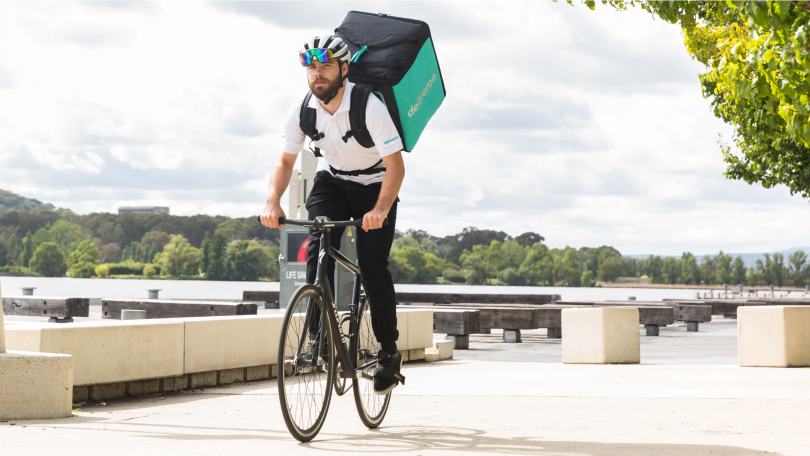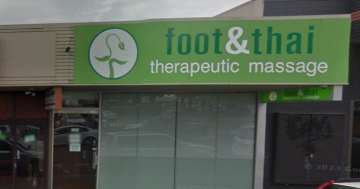
Many self-employed workers are exposed to poorly regulated or non-existent workplace standards. Photo: Supplied.
When the Federal Parliament returns in February, the next stage of the government’s Fair Work Legislation Amendment Bill 2023 – known as the ‘Closing Loopholes Bill’ – will be one of the first things on the agenda.
In December, the bill was split into two, with the first part passed by both houses of parliament, while the remaining elements were moved into a new bill that will be considered in early 2024.
The bill has introduced a criminal offence for wage theft.
It also amends the Fair Work Act 2009 in relation to (among other things) casual employment, the definition of employment, and independent contractors.
A new report released by the Australia Institute, however, shows self-employment in this country has changed significantly in recent years.
There are now fewer business owners as the gig economy strengthens its grip on the workforce.
The study, undertaken by the institute’s Centre for Future Work’s Carmichael Centre, shows that self-employment is both shrinking and becoming more precarious.
Over the past decade, there were 112,000 fewer employers, 35,000 more part-time solo self-employed, and 91,000 fewer full-time solo self-employed than there would have been if their shares of total employment had remained unchanged.
“Contrary to some predictions, self-employment has not taken over the world – but the nature of what self-employment means has changed,” the report’s author, David Peetz, said.
“Self-employment is in decline, not just in Australia but overseas. The only thing that’s growing in the self-employment area is part-time, solo self-employment.
“A lot of that is ‘gig’ work. It’s insecure, the pay is poor, it’s sometimes even dangerous.”
The report seeks to highlight the need for parliamentarians to consider the impacts of the gig economy on self-employment when debating legislation.
The study raises what it describes as two “common myths” about self-employment, the first being that it is inexorably growing.
The second is that self-employment cannot, or should not, be regulated in order to protect self-employed workers and improve the conditions of their work.
The report challenges both of those positions, showing that the so-called surge in ‘freelancing’ is, in reality, being replaced by ‘solo activities’ that should be better regulated to protect workers.
It suggests some forms of self-employment can be regulated to protect affected workers, provided two simple and important criteria are satisfied – when the workers are vulnerable and hence need protection, and when a viable mechanism exists that enables their work to be efficiently regulated.
“The nature of what self-employment means has changed,” Mr Peetz said.
“For someone wanting to be their own boss, it’s a lot harder these days to get a small business into markets.
“Big firms aren’t keen to let them in. They’re a lot happier to just hire a contractor to do short gigs for them.
“There’s a lot of barriers to start-ups, but there’s no barriers to how many delivery drivers rely on three different apps to make ends meet. This has left many self-employed workers exposed to poorly regulated or non-existent workplace standards.
“The report shows standards and protections can be set for gig workers and how it can be done in ways workers actually want, without getting in the way of the genuine innovators among the self-employed.”
And that’s where the government, parliamentarians and the new legislation come in.
“The second tranche of the government’s Closing Loopholes Bill puts a floor on gig work standards and is vital to protect livelihoods and the economy,” Mr Peetz said.
“Workers want the flexibility that comes with self-employment, but they also want and deserve to be protected.
“The protections in the government’s Closing Loopholes Bill … strike the right balance between protecting the right to choose self-employment and stamping out exploitation of vulnerable workers.”
















